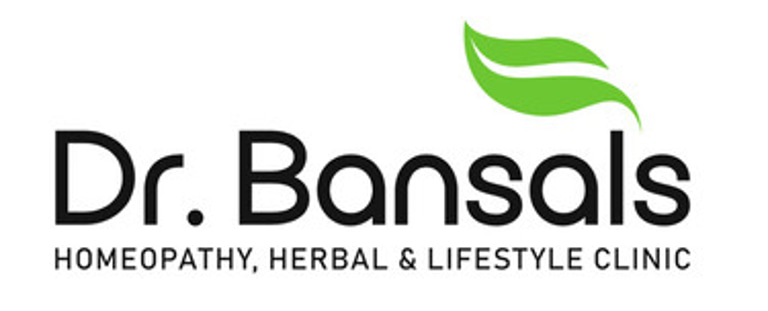Best Skin Specialist in Indore
With its combination of modern life and the vibrant Indian culture, Indore has become one of the most preferred places to get a high level of skin treatment. In the city, there are contemporary skin care clinics, the world-famous dermatologists, and the latest beauty technologies which serve the various skin care requirements and aesthetic desires.
9/27/20251 min read


The name skin diseases covers a large variety of diseases that attack the skin, with some of them having symptoms like rashes, inflammation, itchiness, and texture or colour change. These illnesses may be of different degrees and may be both transient and chronic.
Frequent Problems on the Skin and Symptoms.
Acne: This is one of the most prevalent skin conditions that is brought about by obstructed pores, overproduction of oils, and the development of bacteria. It occurs in forms of pimples, blackheads, whiteheads, and occasionally deep cysts, resulting in scarring.
Eczema (Atopic Dermatitis): This is a skin condition characterized by dry, scaly, and itchy skin. It is associated with the dysfunction of the immune system and frequently occurs on the face, elbows, and knees.
Psoriasis: This is an autoimmune disease that causes thick and silvery scales and red spots, usually on the elbows, knees, and head.
Rosacea: Long-lasting colour erythema, visible blood, bumps, and occasionally skin thickening on the face.
Fungal Infections: Fungal infections such as ringworm and athlete's foot are characterized by red, scaly, itchy spots, which are normally found in warm and damp places.
Skin Allergies and Contact Dermatitis: These are the result of immune responses to allergens or irritants and result in red, itchy, sometimes blistered skin.
Skin Cancer: It comprises the following: basal cell carcinoma, squamous cell carcinoma, and melanoma, which manifest as abnormal moles, non-healing wounds, or colored areas.
Treatment Approaches
Therapy is based on the condition, but usually involves:
Topical Agents: Steroids, antifungals, antibiotics, and immunomodulators.
Oral Drugs: Antibiotics, antifungal drugs, and systemic immunosuppressants or biologic drugs in cases of autoimmune diseases.
Phototherapy: Therapy using light, which is useful in such conditions as psoriasis and eczema.
Lifestyle and Preventive Care: Trigger prevention, keeping the skin hydrated, and sun protection.
When to See a Dermatologist
Recurrent, progressive or inexplicable skin manifestations should be referred to a dermatologist. Prompt diagnosis and treatment make it better and enhance life quality.
To conclude, skin diseases are diverse in causation and severity, but current dermatology provides excellent treatment plans, depending on the disease, and allowing patients to have healthy and comfortable skin.
Wellness
Dr. Shreyas Bansal has over 46 years of experience in holistic health and wellness. He provides expert consultation and personalised treatment for a wide range of health concerns at Dr. Bansal’s Homeopathy Clinic, located at 2 Manish Bagh, Sapna Sangeeta Road, Indore. The clinic is committed to compassionate care and effective, patient-focused solutions with best homeopathy doctor in Indore
Healing by THE Best Homeopathy doctor in Indore at
Contact
9406856868
© 2025. All rights reserved.
